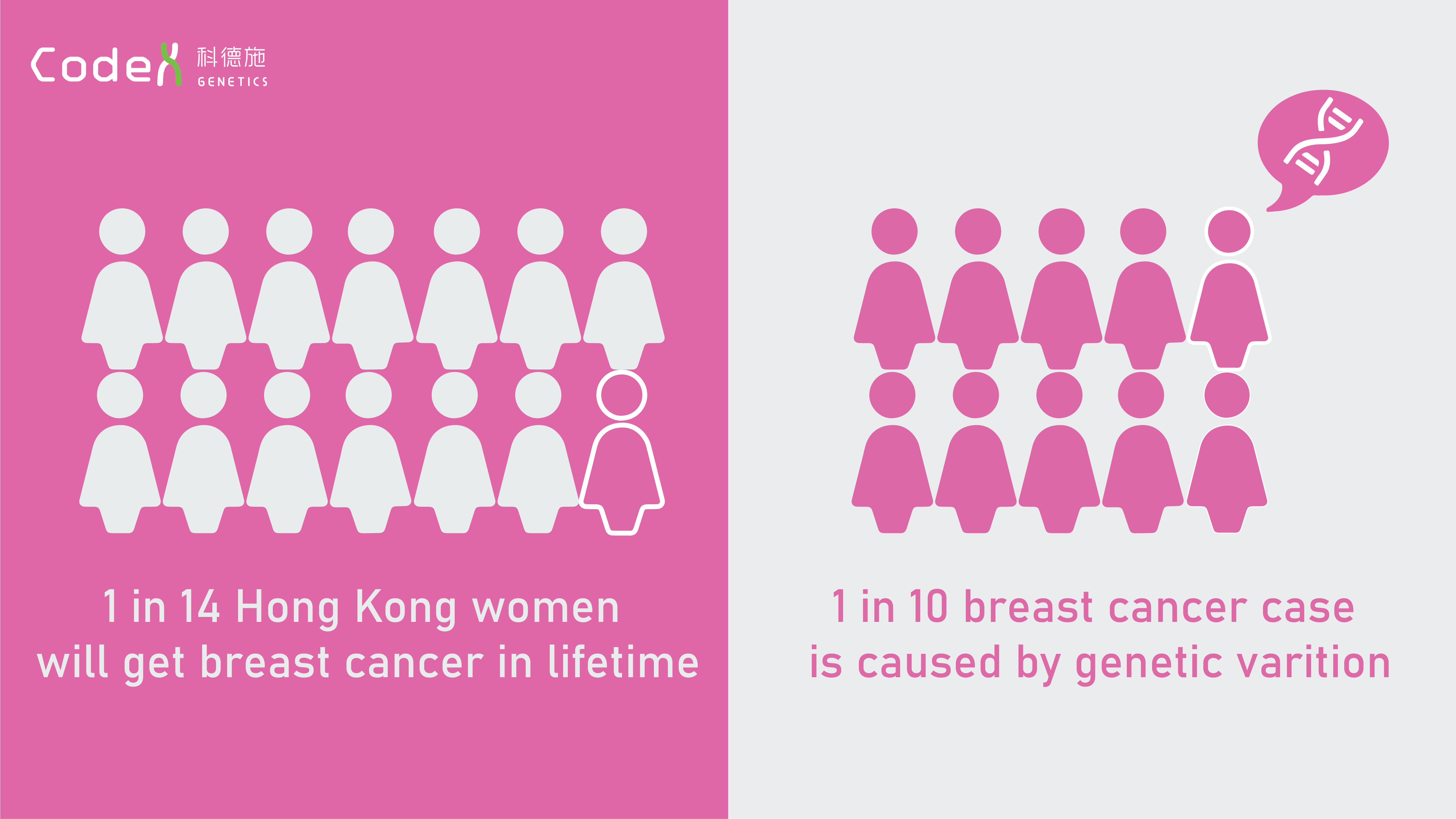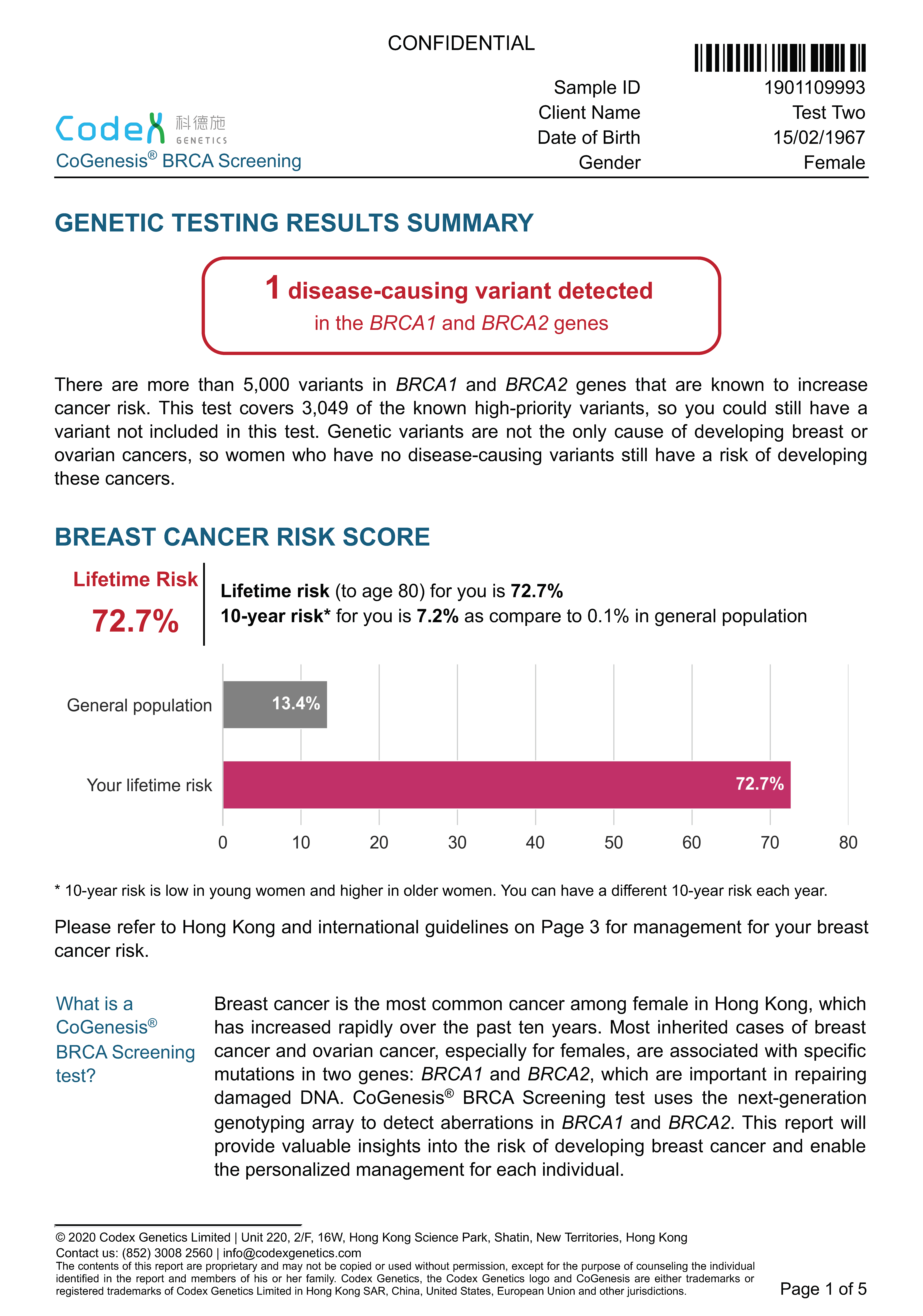
Products & Services
Products & Services
Hereditary Cancer Test
Alzheimer's Disease Test
Neurodegenerative Disease Test
Drug Response Test
Congenital Cardiovascular Disease
Guardant Health Pan-Cancer Test
Guardant Shield™
Retinitis Pigmentosa
About Us
About Us
Codex Cares
News and Events Hub
Blog
Careers











